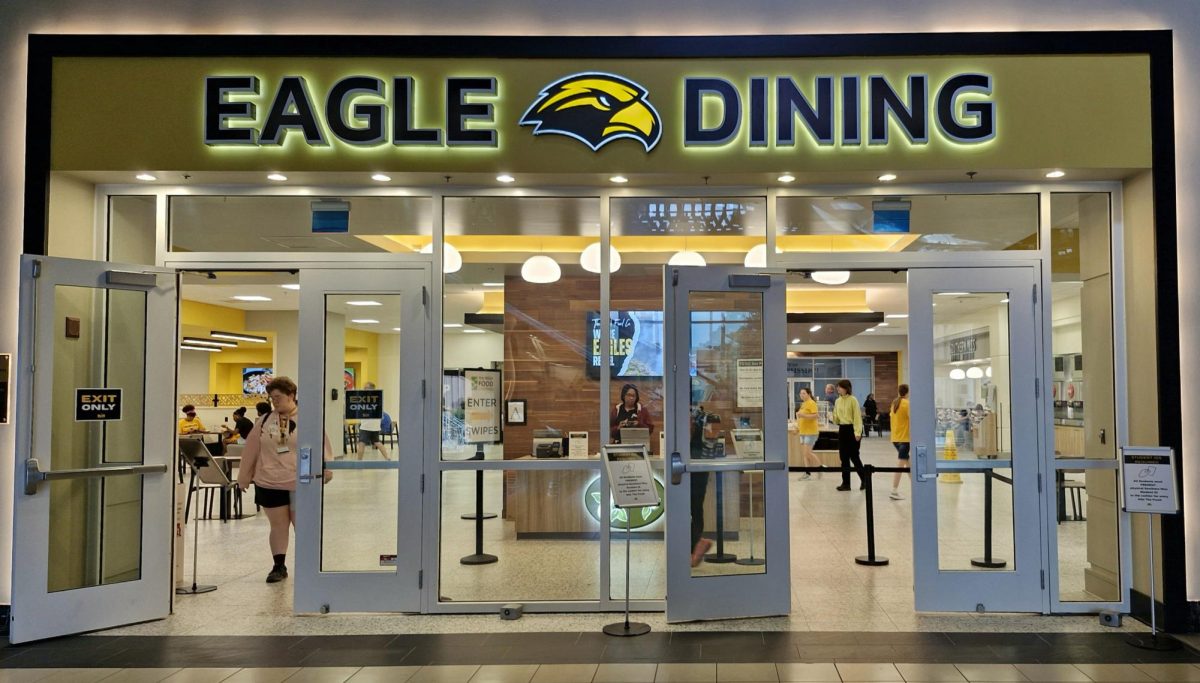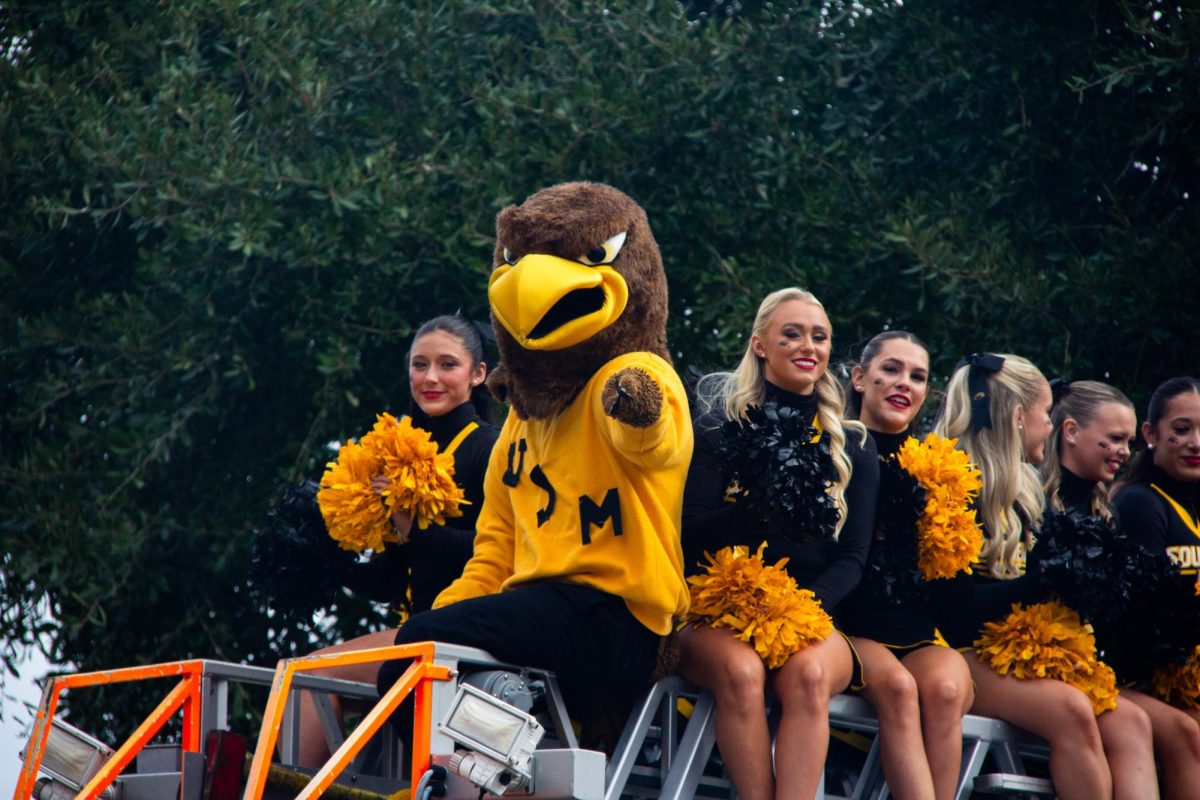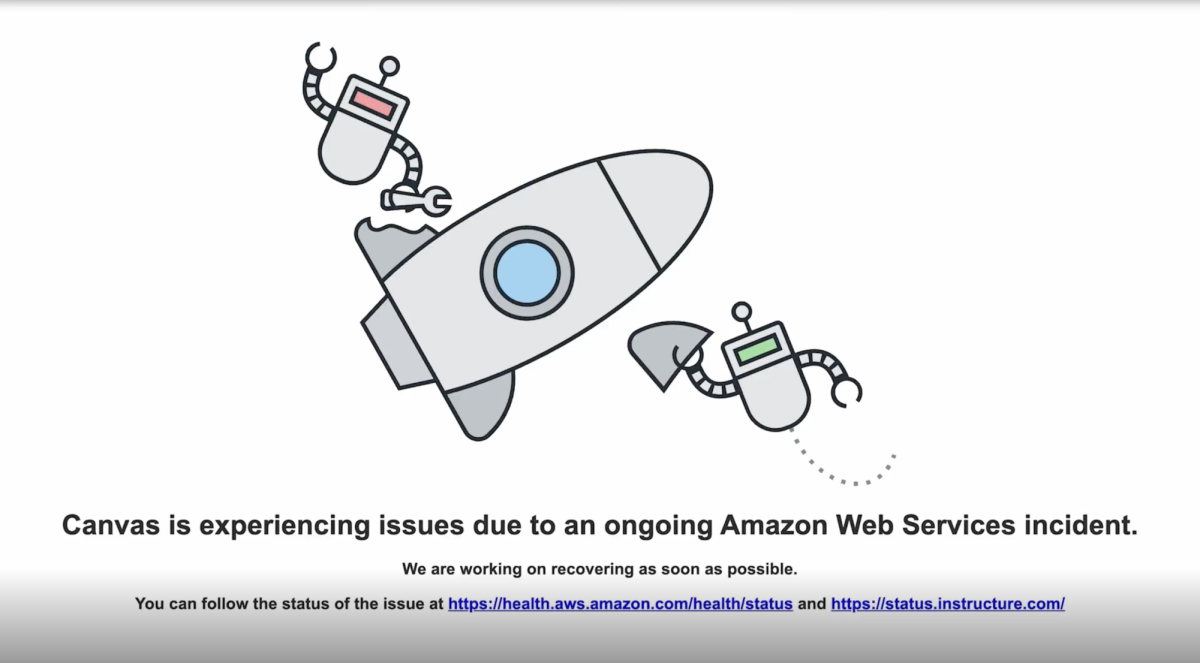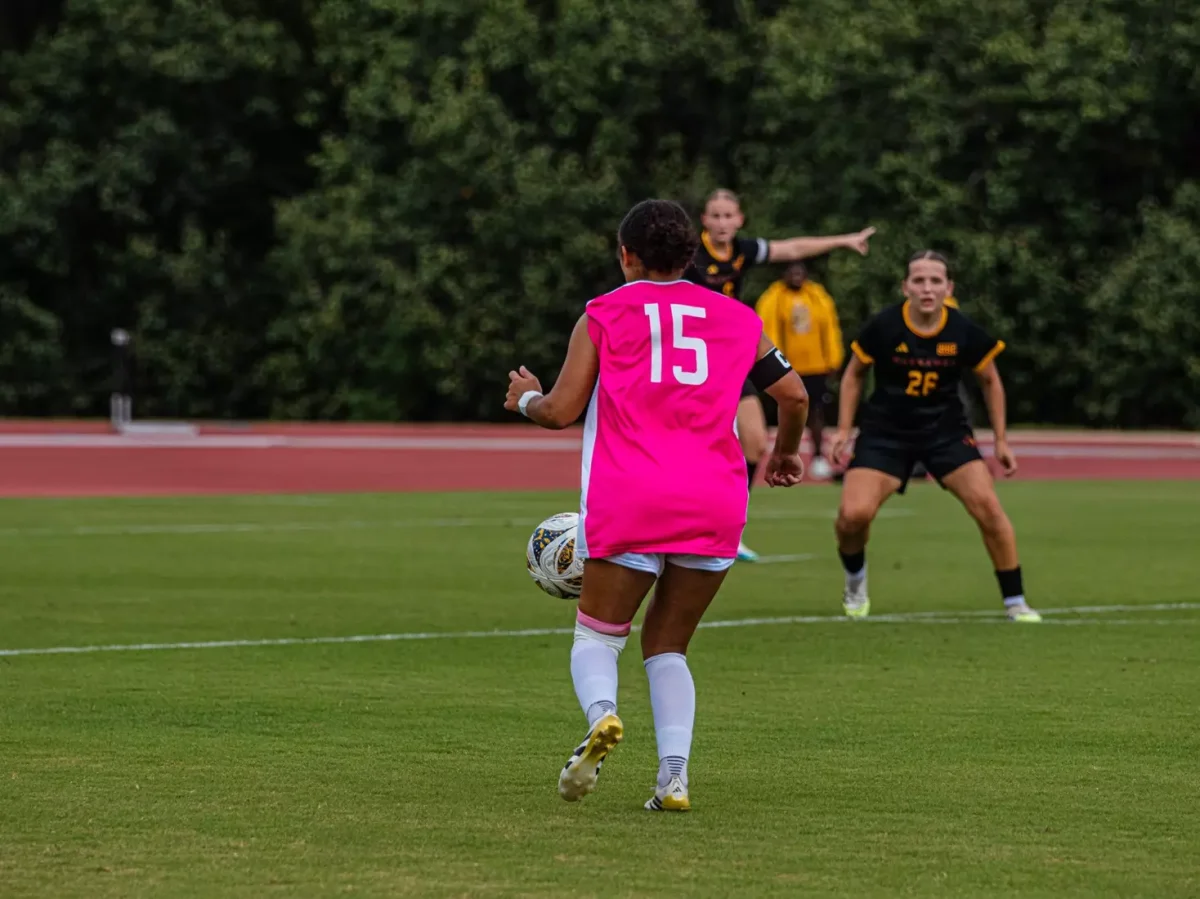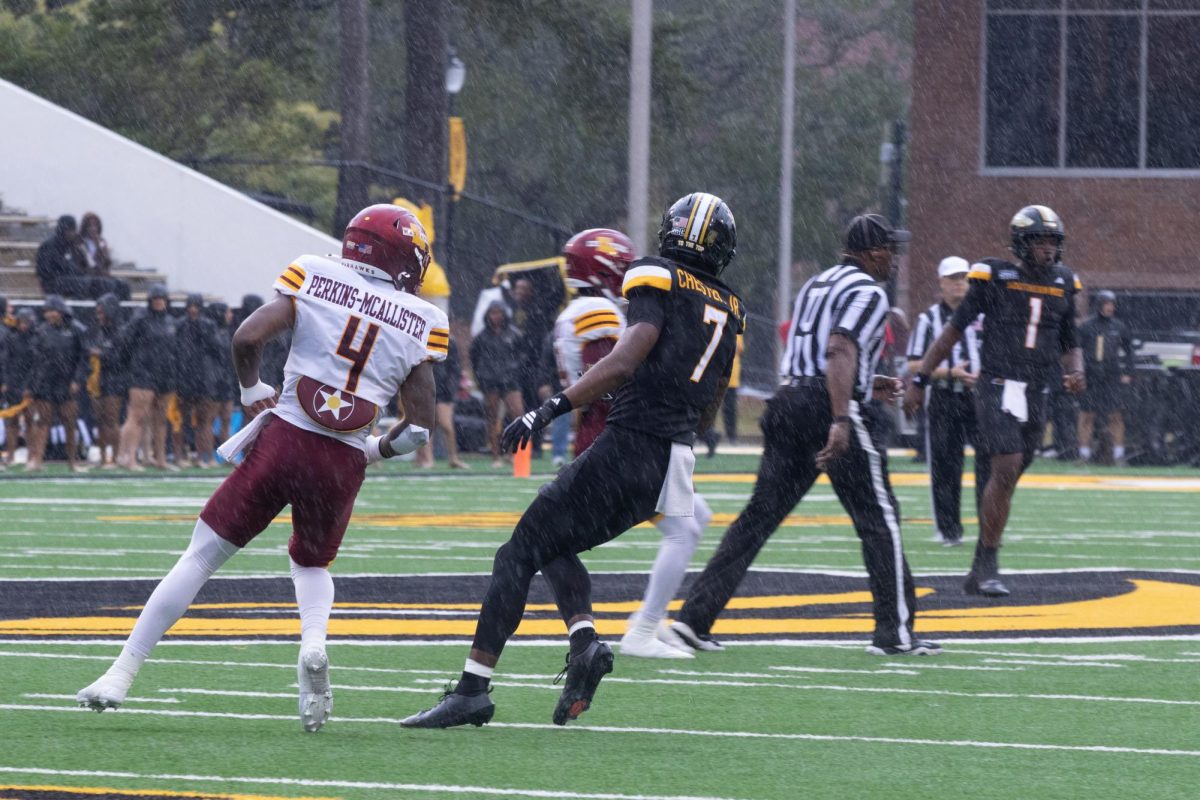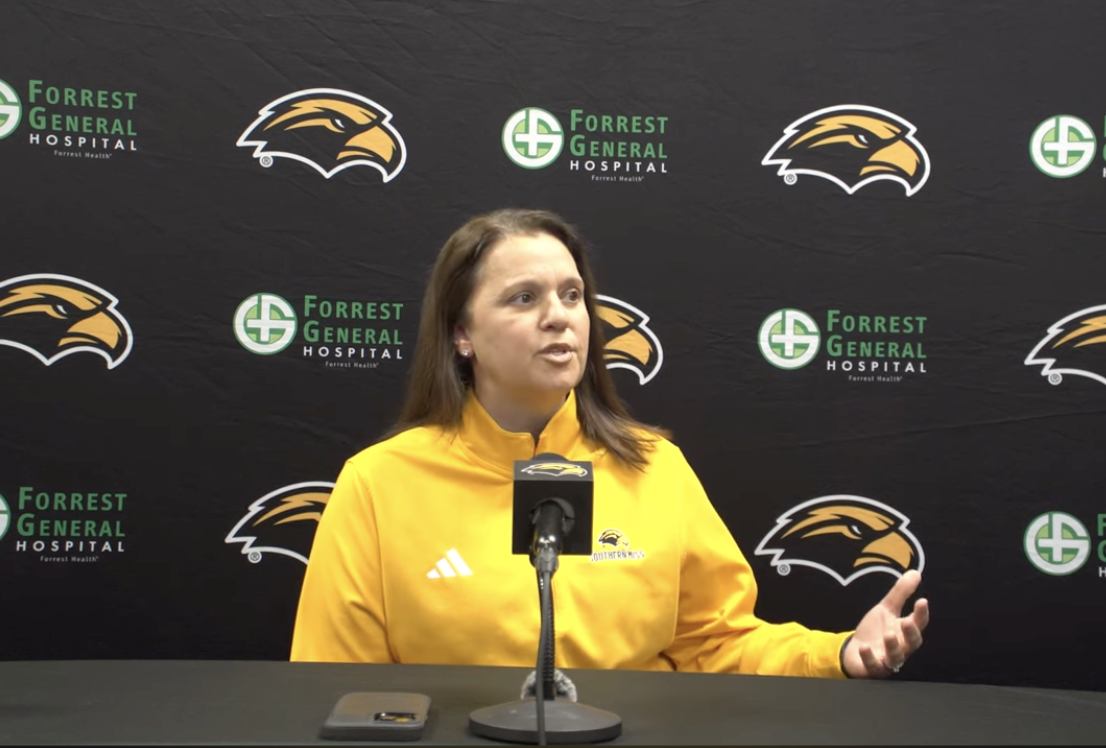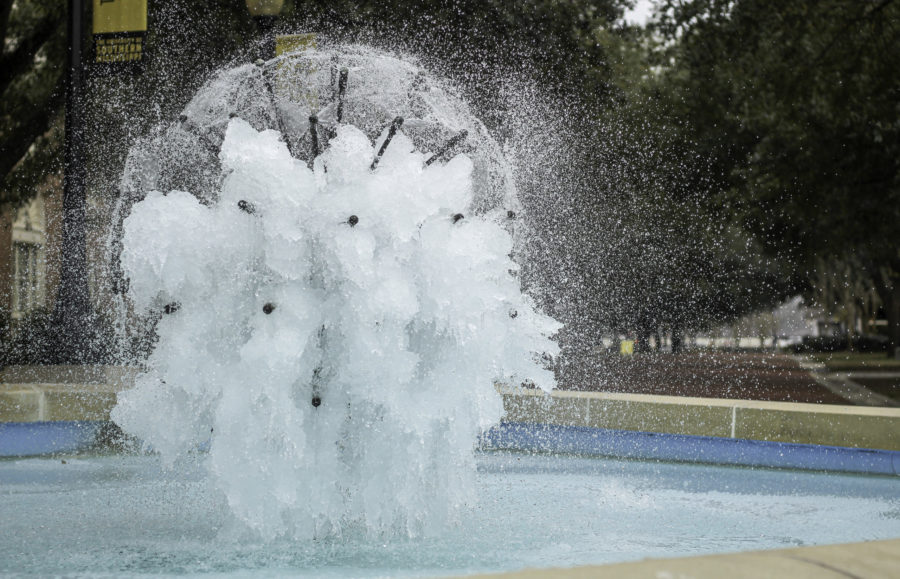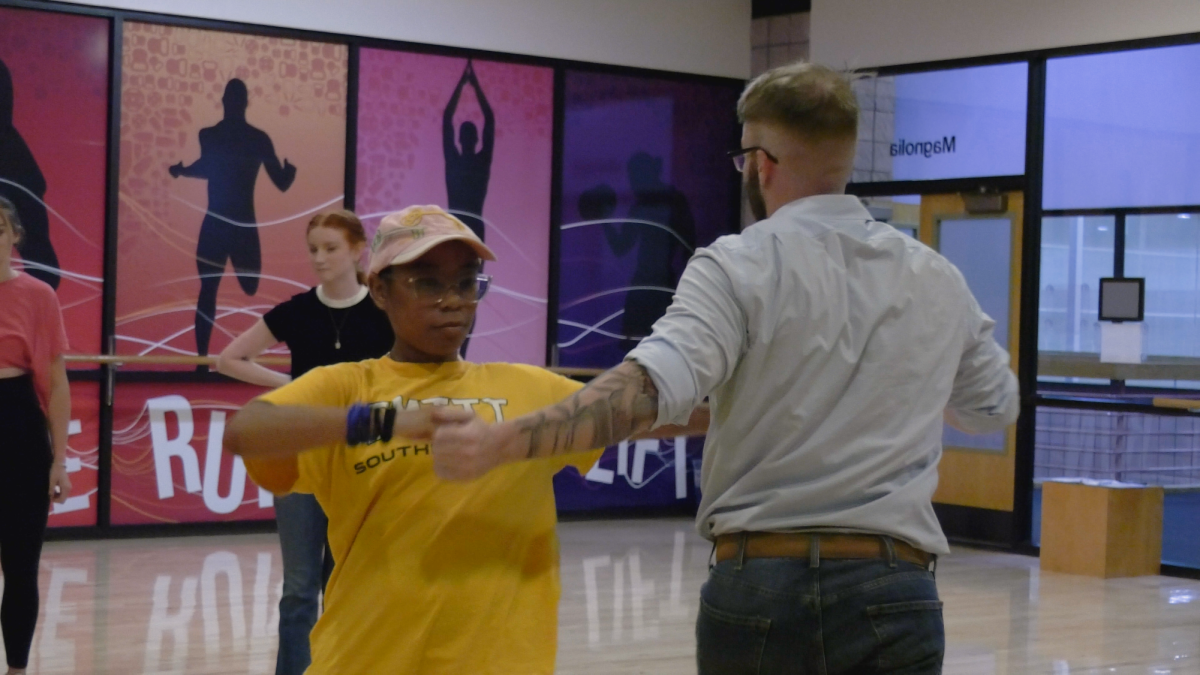When it snows in the south, it creates an uproar of excitement among many of its residents. Because snow is so rare for many states in the south, some love the novelty of waking up to snow-covered lawns.
However, because it’s so different to what we’re used to, many Southerners aren’t equipped to go about their daily lives in snow. Schools shut down and roads are closed, leaving many isolated in their homes. In severe cases, such as during the freeze last week, the power gets cut off and it sometimes takes days before power companies can fix the issue.
Northerners, much more exposed to severe winter weather, tend to have extra equipment, like generators, to fall back on in case things go wrong. Southerners don’t have that same luxury. Without power, many people lost their main source of heating, as Southern homes don’t tend to be as insulated as Northern homes. This meant people were trapped in the freezing cold for what could be days at a time.
For college students, this type of loss of power and heating can be critical for their education. Senior Social Work major Lakyn Welborn said she struggled to get things done when the winter storm hit.
“My power went out and left me extremely cold and the icy roads caused me to be unable to drive to a warm place. Due to my power going out, I was unable to access Wi-Fi and I was also unable to charge my computer. This caused me to miss my classes and get behind in my schoolwork,” said Welborn.
Missing assignments, especially during your senior year, can be extremely critical and Welborn struggled with keeping up with all her assignments with the extended power loss. This is even more true this year, with the condensed academic schedule leaving little room for leeway.
Not only did students lose power, but some ended up stuck in other states, unable to get back on campus. Angie Fonseca, a sophmore Marketing major, was worried she wouldn’t be able to get assignments done outside of her on-campus room.
“I was in Fort Worth, Texas when the storm hit. We, fortunately, did not lose power due to being near a church, but it caused me a lot of stress to not be able to get back to campus,” said Angie Fonseca, a sophomore Marketing major. “Although we didn’t lose power, I still found it very difficult to focus on my schoolwork with everything going on.”
Another student, senior History Education major Jenna Vining, was also unable to leave her home due to her incline driveway being completely iced over. It took four days before the ice finally melted, and it was an incredibly stressful four days at that.
Vining discussed how this storm should be a lesson in important crisis management, and that the state of Mississippi should be doing more to protect its citizens.
“Even though Mississippi rarely gets events like this one, I feel like there should be some funding allocated towards things just in case,” said Vining. “Snow plow trucks, salt trucks and other equipment that can safely handle the roads would be extremely effective. I’ve seen it in action in Kansas where it gets regular weather like this and it works. Things like this might not happen often here in the south, but when it does, it is a disaster in that people get hurt and get in wrecks because of it.”
Welborn and Fonseca agreed with Vining, saying more precautions for severe winter weather should be put into effect state and nationwide.
To better prepare against severe winter weather, look into winter weather resources available at https://www.weather.gov/safety/winter-before. To keep up-to-date with campus operations during severe winter weather, sign up for Eagle Alert by following the instructions at https://www.usm.edu/police/eagle-alert-enrollment-login.



